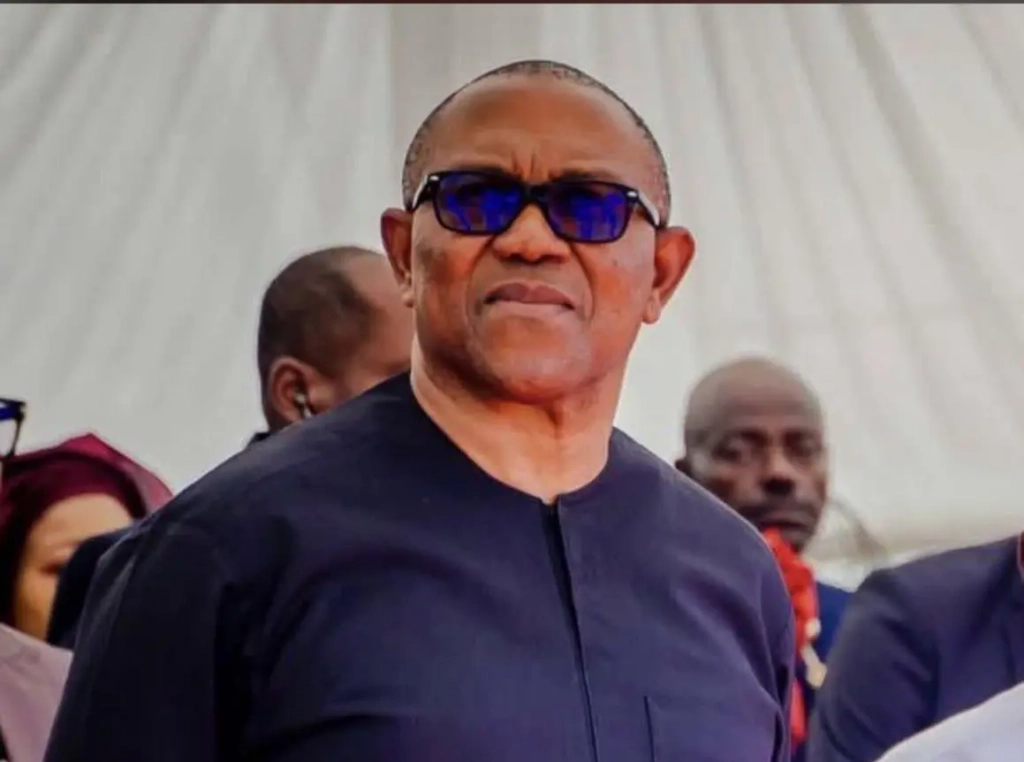Nigerian Aviation Minister Festus Keyamo has asserted that opposition figure Peter Obi, a prominent presidential aspirant, lacks the political clout to secure significant support in northern Nigeria compared to President Bola Tinubu. Speaking on the television program Politics Today (Channels Television) on Sunday, Keyamo emphasized the ruling All Progressives Congress (APC)’s entrenched influence in the region, citing its established network of governors and local structures as a decisive advantage.
Keyamo dismissed efforts by opposition parties, particularly the African Democratic Congress (ADC)-led coalition, to challenge the APC’s dominance, labeling such alliances as ineffective. “If you put Peter Obi this time as president, he cannot penetrate the north,” he declared. “We have our structures in the north. We have governors and our structures in the North.” His remarks come amid ongoing political maneuvering ahead of future elections, with Tinubu’s camp signaling confidence in retaining strongholds in a region historically critical to electoral success.
While acknowledging opposition movements as a “wake-up call” for the APC to improve governance, Keyamo downplayed their potential impact. He argued that fragmented alliances and limited grassroots presence would hinder rivals’ ability to mobilize voters. The ADC, a minor opposition party, recently formed a coalition with smaller groups to consolidate resources, but Keyamo labeled the effort a non-starter, claiming it lacked the cohesion needed to unseat the ruling party.
Political analysts note that northern Nigeria’s voting patterns often hinge on localized networks and patronage systems, areas where the APC has invested heavily. Tinubu, a seasoned strategist, has maintained alliances with northern power brokers since his election in 2023. Obi, who ran under the Labour Party in the last presidential race, gained unexpected traction among youth and urban voters but struggled to make inroads in rural northern areas, where APC governors and traditional leaders hold sway.
Keyamo’s comments reflect broader tensions as Nigeria’s opposition seeks to counterbalance the APC’s national influence. However, the minister’s confidence underscores the ruling party’s reliance on structural advantages, even as critics argue that economic challenges and insecurity could erode public support. The evolving political landscape will test whether opposition coalitions can bridge regional divides—or if the APC’s northern stronghold remains unshakable.
